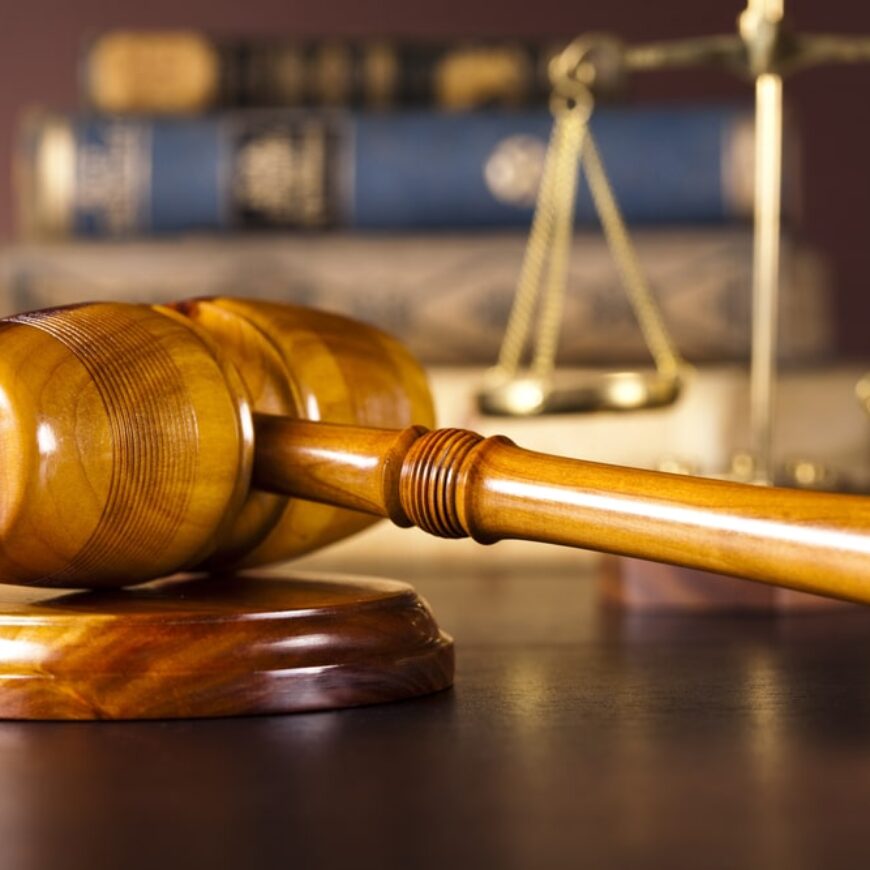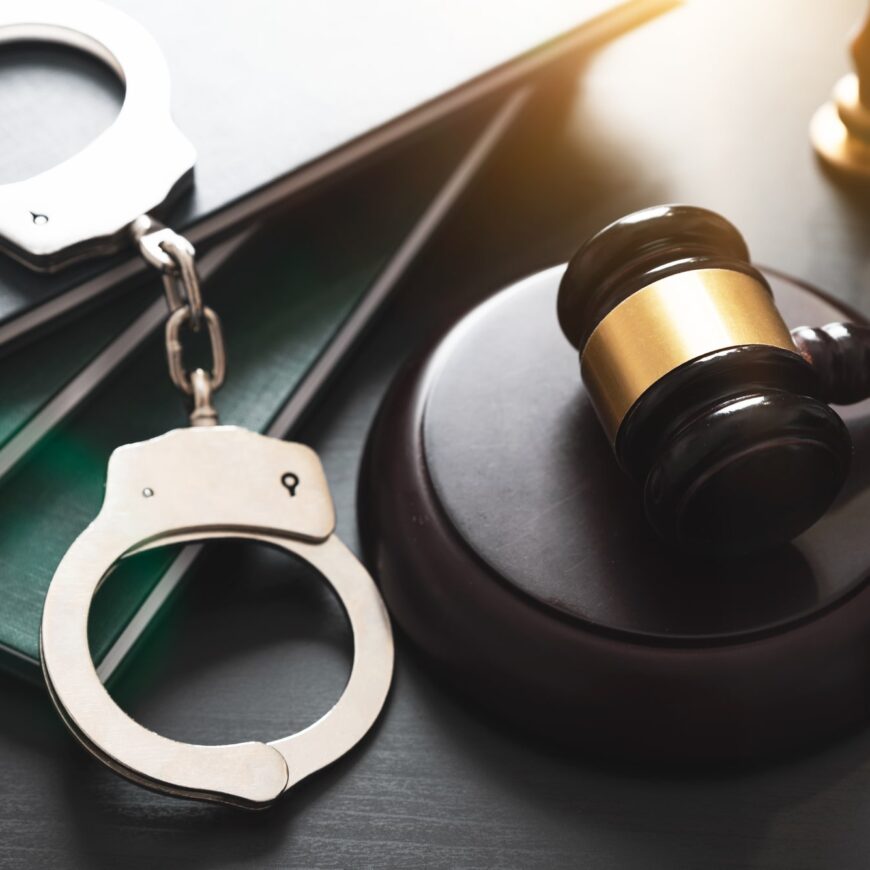Personal Injury Lawyer
An accident can happen almost anywhere. You might be playing football with your team and accidentally get knocked to the ground. You may be coming up to a red light and have the car behind you rear end you. Or, you might be walking outside someone’s shop and trip over uneven pavement right outside their store. With all of these accidents, it is extremely common for the victim to suffer from a dental injury. When this is the case, you should not ignore the problem and hope the pain goes away with some over-the-counter medication. Instead, dentists recommend seeing your dentist as soon as possible after the accident occurs so that they can mitigate the damage. The longer you allow dental damage to go on without treatment, the higher the likelihood there is that the damage can become permanent.
What kind of injuries do we often see?
Getting into an accident is scary, but when someone else causes the accident, it can make the whole situation more stressful and confusing. Often, people are too scared to look in their mouths after an accident because they aren’t sure what kind of damage can occur. Below, we’ve listed the most common types of tooth injuries you can sustain after a personal injury accident.
- Broken or Chipped Tooth. A very common and less severe injury is a broken or chipped tooth. There’s a larger window of time with this injury to see your dentist (compared to an avulsed tooth), and it is best to go into the office within 12 hours. Your dentist may be able to reattach the part of the tooth that chipped off or create the missing portion and attach it to your tooth.
- Avulsed Tooth. When you have an avulsed tooth, it means that the tooth has come completely out of its socket. This requires immediate attention from your dentist because you want to try to get your original tooth back in. If you can find the tooth, pick it up by the head (never the roots), rinse it gently under water, and try to place it back in the socket until you can get to your dentist. If they can, they will attempt to put your original tooth back in.
- Other Oral Injuries. Direct injuries to the teeth are not the only types of injuries your dentist can help you with. You may have experienced damage to your cheeks, gums, or tongue. Always take care to try to rinse the affected area with water and go into your dentist’s office as soon as possible.
When your teeth or mouth have been injured by someone else’s negligence, call a dentist to see how they can help with your treatment.
Resources:
Wikipedia, Dental Care


